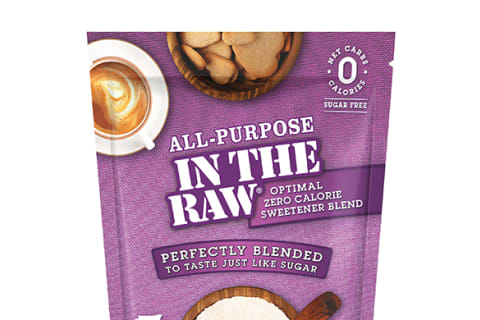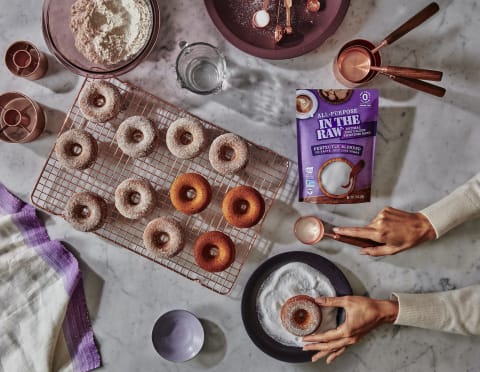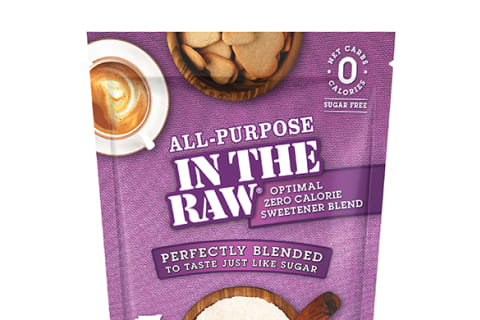mbg: Let’s start with the obvious… Why might we consider swapping for a sugar substitute in the first place? Can you talk about refined white sugar, and why we want to be mindful of how much we consume? Jessica Cording: We know from research that white sugar is problematic in different ways. One of the main reasons I recommend limiting it is that it does impact our glycemic control by quickly raising our blood sugar. And that can make it very tricky to support optimal wellness. Added sugar is one of the things that does tend to lead to blood sugar imbalances, whether that’s short term or more chronic. And then, of course, there’s the caloric aspect because sugar does contribute calories but really no other nutrition. It’s not improving satiety; in fact, because of that glycemic impact, people find it makes them feel more hungry. mbg: Can you remind us what “glycemic impact” means? How do changes in our blood sugar level affect us? JC: When I’m talking about the glycemic impact of a food, I’m talking about how much that particular food affects your blood sugar level. A food with a low glycemic impact does not raise your blood sugar very high, if at all. A food with a high glycemic impact—that’s going to be something that does raise your blood sugar quite a bit. Some of the short-term effects [of higher blood sugar]… You might notice that you get short rushes of nervous energy, or that you feel fidgety or alert (for some people, not everyone). Often that spike, which is happening as your blood sugar spikes, it’s followed by a crash where you feel very sluggish and slow. Longer term, you’re looking at stuff like insulin resistance and weight gain. We also know from research that added sugar has been associated with inflammation, which is a cause of so many health conditions. On a behavioral level, sugar is also really addictive. mbg: How can we keep our relationship to sweeteners healthy and supportive of our overall well-being? JC: In a big-picture sense, you want to look at how [any sweetener] affects your blood sugar. How is it affecting your caloric intake? And behaviorally, what is your relationship with that sugar alternative? They have their place when you want to have a specific experience but want to make it more suitable for your particular needs or goals. I don’t use them very often, but if I do, it’s typically in something like a seasonal recipe like hot chocolate, or if I was making a mocktail. And baked goods. That said, I try to avoid using sugar and sugar alternatives in everyday things and instead save it for special occasions. When it becomes more habitual, that can make you more likely to feel dependent on it and struggle with cravings. If you feel like you have a difficult relationship with sugar, I always encourage talking about it with a therapist or dietitian or trusted health care professional who can help you find a good balance. It’s not a character flaw; it’s not a willpower thing; it’s just something worth exploring because it does impact your physical and mental well-being. mbg: So why might we consider opting for a sugar substitute? JC: The main reasons that people find [sugar substitutes] appealing is that with non-nutritive sweeteners (the ones that are not contributing calories), you’re cutting out a good number of calories that added sugar can contribute. Another reason is that while some of them have some glycemic impact, in most cases it is less of an impact than added sugar. Devon’s first book, Earth Women, is coming soon. To learn more, join the mailing list, and receive updates, head to www.devonbarrowwriting.com.





